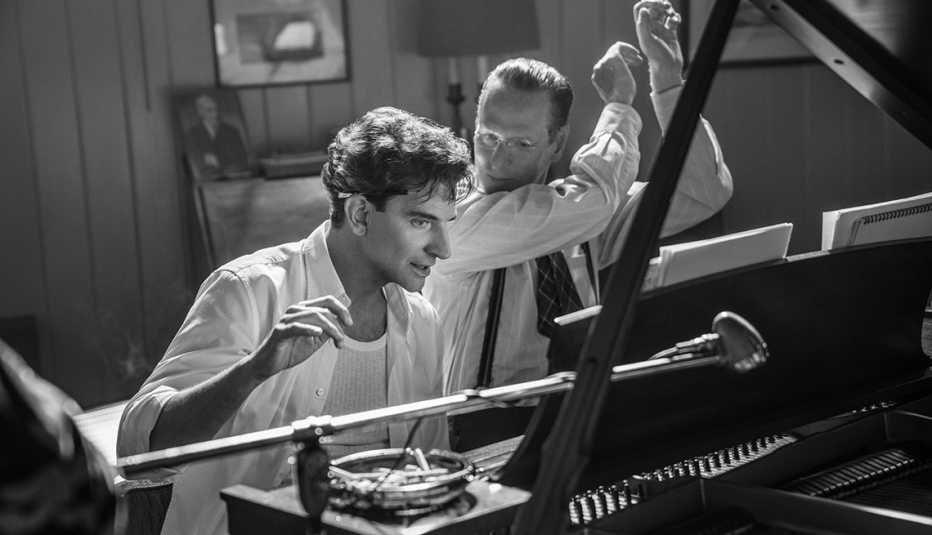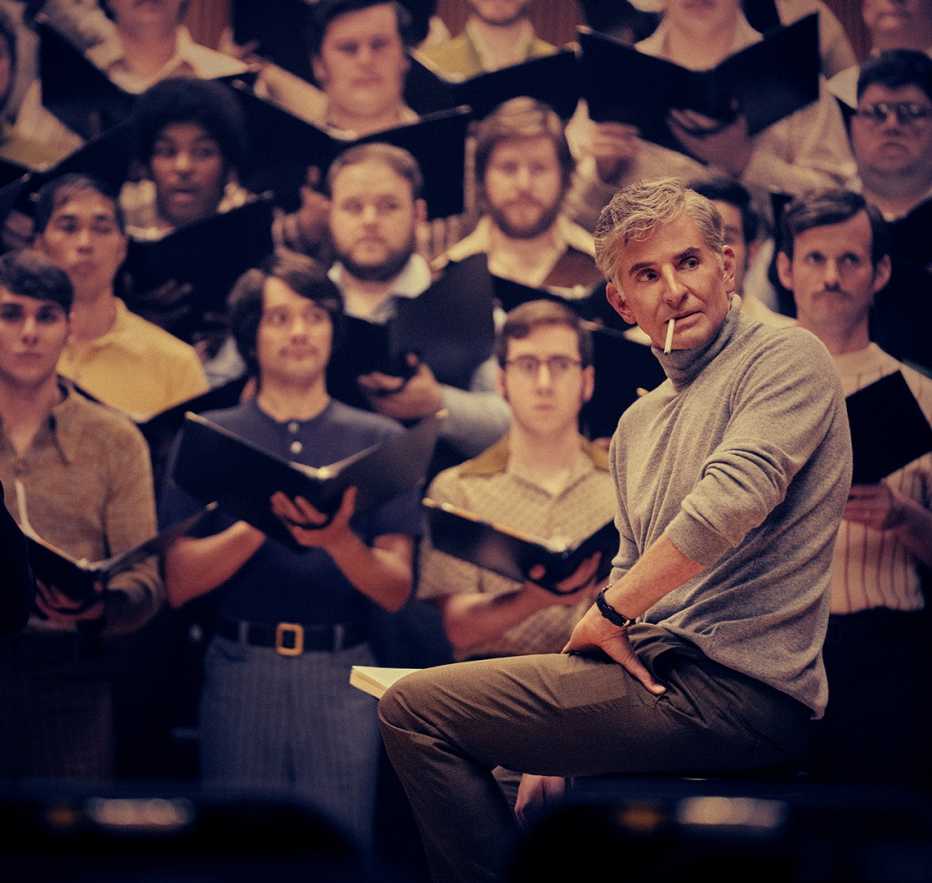Staying Fit


Leonard Bernstein was 25 and virtually unknown when he burst into public consciousness on Nov. 14, 1943, in a nationally broadcast concert from Carnegie Hall. When he died in 1990, he was far and away the most famous classical musician the United States had ever produced, and there was weeping in the streets of New York City.
I watched the Bernstein film biography Maestro with more than usual interest. For those of us raised in rural surroundings, far from concert halls, watching him on TV in the New York Philharmonic Young People’s Concerts was like a passport into another world. As a music critic and interviewer, I met the man only four or five times, but thanks to his TV appearances and his books, I can say that I studied with Leonard Bernstein — and so did most of my contemporaries.


AARP Membership— $12 for your first year when you sign up for Automatic Renewal
Get instant access to members-only products and hundreds of discounts, a free second membership, and a subscription to AARP the Magazine.
Maestro, directed by and starring Bradley Cooper, received generally positive reviews, and pundits predict multiple Oscar nominations. But how close is it to the truth?


What Maestro missed
The answer is very close indeed — although that answer must be qualified. There is nothing about one of his greatest legacies — the brilliantly explanatory TV programs on Omnibus and the Young People’s Concerts.
There, Bernstein spoke as convincingly about rock and jazz as he did about 19th-century Viennese orchestral works.
The movie shows us Bernstein the conductor, composer and lover, but to leave out what he called his “Lenny lectures” is a huge omission. He told me his Talmud scholar father made everything into a lesson — “Pass the salt” would elicit a lesson on Lot’s wife turning to salt. “I inherited some of that didactic quality,” Bernstein told me.






































































More From AARP
Why ‘Godzilla Minus One’ Is the Biggest Unexpected Hit Since ‘Barbie’
The monster movie is the monster hit of the holiday season
Big Changes, Weird Ending in Netflix’s ‘Leave the World Behind’
The book was better, and the movie’s end is even more puzzling
What You Need to Know to Watch ‘Killers of the Flower Moon’
Find out the facts behind Martin Scorsese’s must-see movieRecommended for You